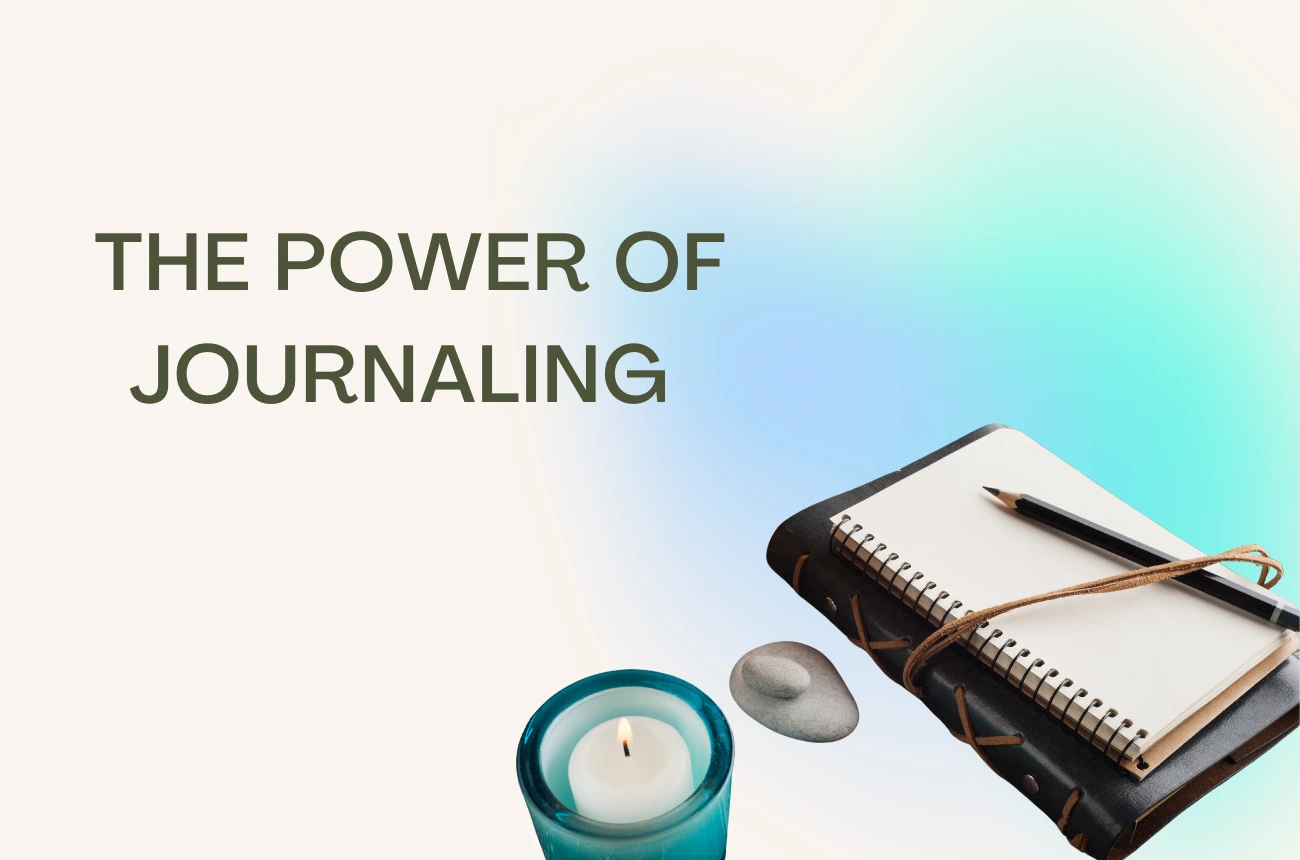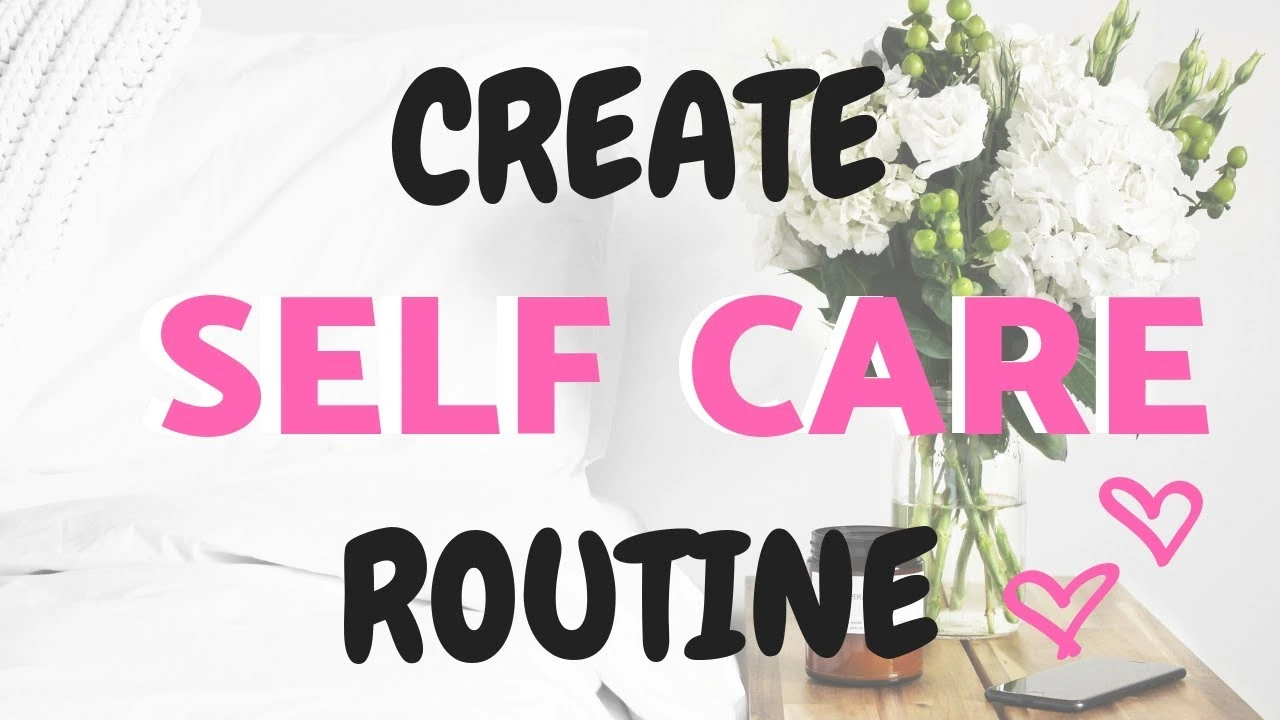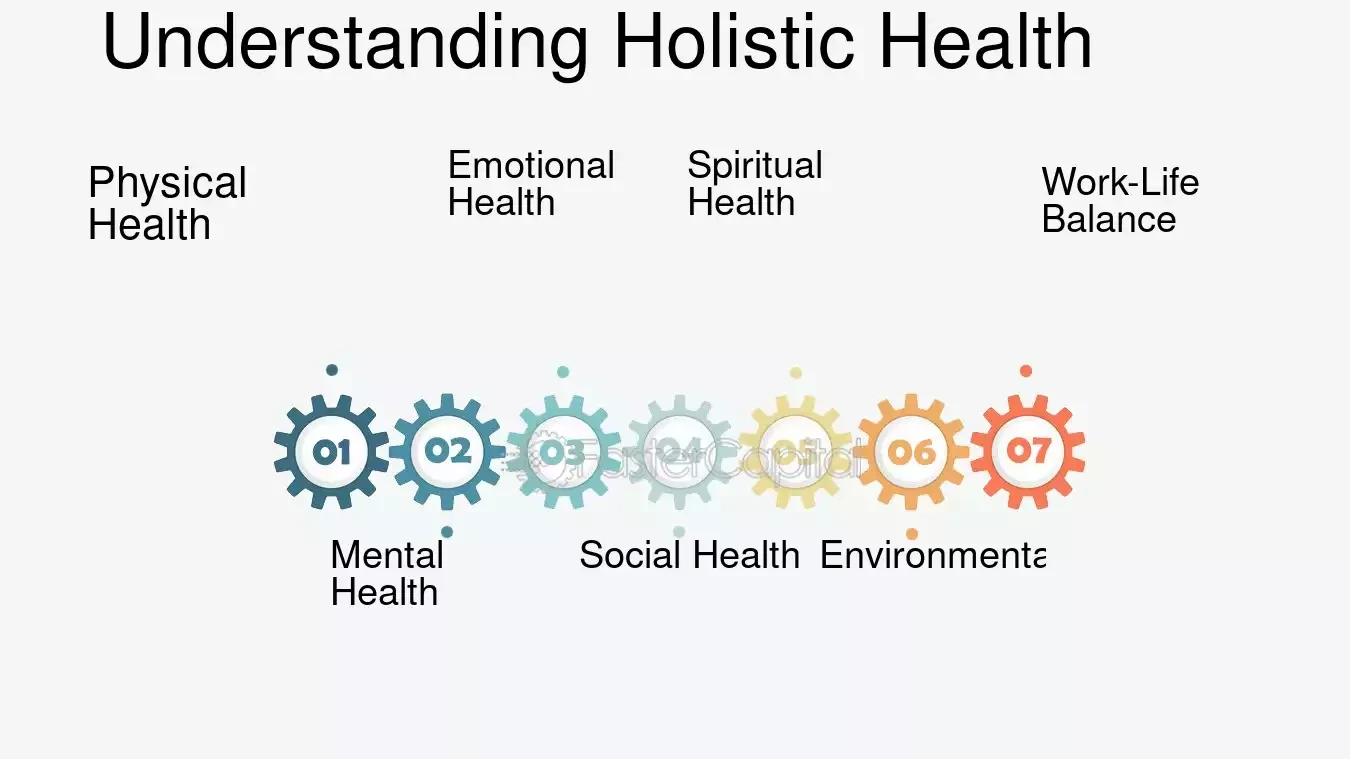Why Journaling is More Than Just Writing
When you hear the word "journaling," what comes to mind? A diary filled with teenage angst? Random scribbles that never lead anywhere? For me, journaling started as a way to vent. Little did I know, it would become one of the most transformative tools for self-awareness, clarity, and growth.
Journaling is a practice that lets your thoughts breathe. It’s like holding a mirror to your inner self—without judgment, without filters.
How Journaling Fuels Personal Growth
1. Unpacking Emotions
Ever felt overwhelmed without knowing why? Writing can help untangle those knots. When you put pen to paper, your emotions become easier to understand. This simple act of acknowledgment often eases the heaviness we carry.
A couple of years ago, I went through a period of burnout. Journaling became my go-to escape. By writing down my frustrations, I not only figured out the root cause but also saw patterns that helped me change my habits.
2. Setting Intentions and Goals
There’s something powerful about writing down your dreams. It transforms vague ideas into actionable goals. Try this: write down one goal every morning and reflect on it before bed.
I used to struggle with sticking to fitness routines. Writing about why I wanted to stay healthy—not just for looks, but to feel stronger—gave me the motivation I needed.
3. Gaining Perspective
Some days, everything feels like it’s falling apart. On those days, reading old journal entries can remind you of your resilience. It’s like talking to a wiser version of yourself.
Different Ways to Journal
1. Stream of Consciousness
This method is all about letting your thoughts flow. No grammar rules. No judgment. Just pure, raw expression. It’s perfect for clearing mental clutter.
2. Gratitude Journaling
Every night, list three things you’re grateful for. It’s a small habit with a big impact. I started this last year, and the way I see my life has completely shifted.
3. Prompt-Based Journaling
Not sure where to start? Prompts like “What made me smile today?” or “What’s one thing I can improve tomorrow?” can spark deeper reflections.
Personal Insights: My Journaling Journey
My first journal wasn’t fancy. It was a plain notebook I found in a drawer. I started by jotting down daily highlights, but over time, it became my safe space.
There were entries filled with tears and frustration. Others captured moments of pure joy. Each page felt like a conversation with myself—a conversation I didn’t even realize I needed.
One day, while flipping through old entries, I noticed how much I’d grown. Problems I thought were insurmountable were now distant memories. It was the proof I needed that tough times don’t last forever.
Benefits You Might Not Expect
Enhanced Creativity
Stuck in a rut? Writing can unlock ideas you didn’t know you had.
Improved Focus
Journaling acts as a mental reset button. It’s especially helpful before big projects or decisions.
Stronger Emotional Intelligence
By regularly reflecting on your emotions, you’ll better understand yourself and others.
Overcoming Common Journaling Hurdles
“I Don’t Have Time”
Start with five minutes. That’s all it takes to reap the benefits.
“I Don’t Know What to Write”
Begin with what’s on your mind. Even if it’s, “I don’t know what to write,” the act of starting will guide you.
“It Feels Silly”
Trust me, you’re not alone. It takes time to feel comfortable. Keep at it—you’ll thank yourself later.
Tips to Make Journaling a Habit
- Pick a consistent time daily. Mornings or evenings work best for many.
- Keep your journal in a spot you frequent—like your bedside table.
- Celebrate small wins, like completing a week of entries.
My Favorite Journaling Prompts
- What’s one thing I learned today?
- How do I feel right now, and why?
- What’s one step I can take toward my goals tomorrow?
Journaling for Work-Life Balance
Journaling can help you reflect on what’s truly important. Write about your day-to-day work and how it aligns with your larger goals. This practice has helped me prioritize and let go of tasks that didn’t serve me.









